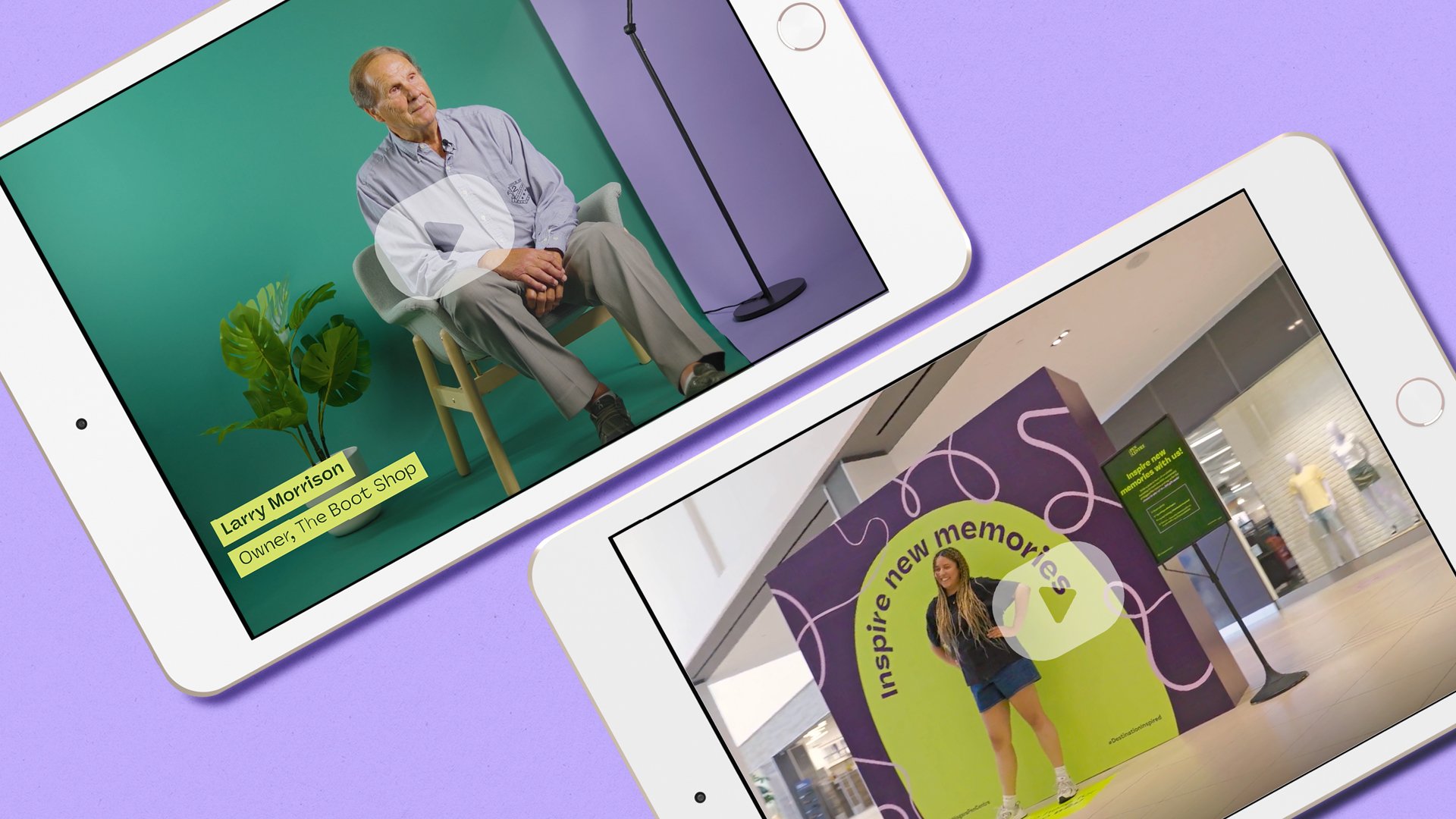
Loss of identity is a major symptom in migratory processes. It is also a major cause of non-conversion in brands.
The concept of identity is something I am passionate about and I found a connection between a personal experience and my professional field. In our society, we are so concerned with our ethnic origins and identity. We want our cultures to be recognized, to create awareness around our uniqueness and for people to understand us.
But when it comes to our businesses we hide behind empty words, sounding all the same and lacking personality resulting in a disconnect with clients. Some people would argue that business is just business, but if you really believe in your why, if you have a purpose—especially if you are an entrepreneur—then your business is an extension of yourself and it is definitely so much more than “just business.” Most businesses just become invisible. Impossible to identify and with no reasons other than price to buy or not to buy from them. We’ve forgotten something very important: at the end of the day we are simply people dealing with people, even in business.
After 6759 km, 3 flights, 7 hours of time difference, one ocean and 3 quarantines I began my journey as an immigrant.
As an immigrant, everything changes. The climate, the food, the language, the people, my support network. I found myself on the other side of the world without my safety net and my emotional anchor, facing a multitude of changes and losses.

José Bachotegui, in his book, “Migratory Intelligence,” explains that migration is one of life’s experiences that exposes us to intense mourning or loss through change.
In migration, everything changes, and the most significant change is within us. We must confront the loss of who we were and discover who we are now.
It’s a complete transformation, even of the self.
The feeling of losing the version of myself in my home country, a version I’ll never be again, even if I return. Returning home and feeling that everything has changed, that I’ve changed, that it no longer feels like “home,” yet I can’t see myself as a true Canadian either, because I am not. For me, the term “home” has been evolving alongside me. What is home? What does it feel like? We start detaching from certain bonds and forming new ones. Inevitably, some relationships fade because they weren’t strong enough to withstand the distance. But this leaves a void until we manage to create new ones.
They say home is where the heart is. But my heart was divided. Living with one foot in each continent and feeling lost and confused.
And in this period of transition and growth, many questions arise. Who are we, truly?
Migration brings existential awareness. I realized that I’m alone in this life with myself and I questioned my life and decisions. I stopped living on autopilot and asked myself if I was truly living the way I wanted to. Or, is it due to customs and contexts? What’s truly important to me? Who am I, really?
I believe we are who we are because of our circumstances, relationships and experiences. But, can this be transported to the other side of the world?
This concept of identity can be applied in a different discipline that I’m also truly passionate about: copywriting.
We often say that each brand is unique, but then we struggle to prove it, don’t we? We all believe that we’re not ‘the typical brand of…,’ yet when asked why we’re different from our direct competitors, we often fall short of words.
The reason is that we haven’t done the work of looking inward, of investigating what we are as a brand.

Think about it: humans share 99.99% of their genetic code. One might think that we’re all the same, but just a look shows how different we truly are. The same applies to brands. Even if they belong to the same industry, even if they deliver similar products or services, even if they represent the same brand personality archetype, etc. All brands have a distinct DNA, and that uniqueness (which ultimately shapes their messages) lies in the 4 elements that form brand personality: purpose, vision, mission and values. These four elements will be your compass when writing.
There is no favourable wind for the ship that doesn’t know where it’s going.
– Seneca
The most recognizable brands in history, where you can say ‘that’s a Chanel style jacket,’ they possess a strong brand personality—a powerful identity communicated authentically in every aspect. They’re easily identifiable, recognizable, memorable, distinct, authentic and coherent.
We are our life experiences and migration is now a part of me. This journey has made me reflect on self-identity and on brand identity. It made me realize how everything starts from within. If I don’t know who I am, if I don’t believe in myself, then how am I going to express that to customers?
The disruption of leaving behind the familiar and embracing the unknown invites us to question who we truly are and what fundamentally defines us. Similarly, brands face a parallel journey of self-discovery. They must delve deep into their core – their purpose, vision, mission and values – to authentically communicate their unique identity to the world.
In my role as a migrant and a communication strategist, I’ve uncovered the power of identity as a bridge between cultures and as a foundation for good communication. Just as my personal journey across continents enriched my perspective, so too has it enriched my approach to crafting compelling brand narratives. The experience of belonging to multiple worlds has reminded me of the need for brands to embrace their multifaceted identities and to communicate them with unwavering authenticity.
So, whether we navigate the shifting landscapes of our lives or the dynamic realms of branding, the lesson remains the same: identity, when nurtured and expressed genuinely, becomes the cornerstone of profound connections. As I continue to explore human and brand stories, I am reminded that our shared experiences, whether as migrants or businesses, remind us that at our core, we are all striving to belong, to be recognized and to tell our stories in ways that resonate deeply with others.
As I encourage you to embark on your journey of self-discovery and brand definition, I invite you to remember that in embracing the uniqueness that defines us, we not only find our place in the world but also leave an indelible mark upon it.
Today I encourage you to re-discover yourself.
– Patricia Gómez
In this article, I talk about voluntary migration, specifically my own, but I’d like to clarify two ideas:
- Migration is a human right, although it’s not always respected.
- While I know I’ve migrated from a position of privilege, I understand that migration isn’t always a choice. So, I’ll seek stories to also give a voice to forced migrations that don’t arise from privilege but necessity.



